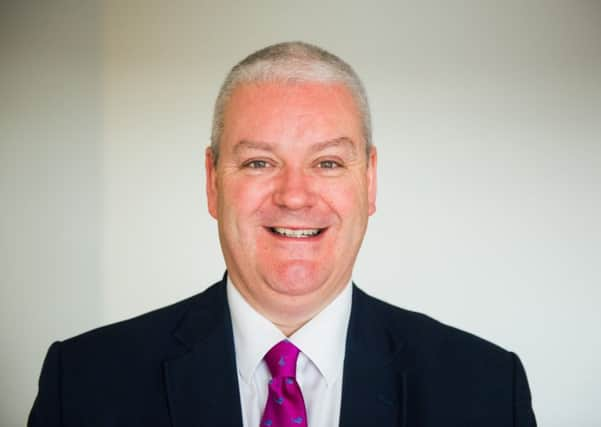Comment: Ignore Holyrood scrutiny at your own peril


Committee convener Christine Grahame’s questions cut through the pretence of charm and simply got sharper the more the man tried to avoid giving a straightforward answer.
“That was a lot tougher than I had expected,” he said later, regretting that he’d been far too busy to spend even a couple of hours preparing for his committee appearance.
Advertisement
Hide AdAdvertisement
Hide AdThat was back in the days when a surprisingly large number of non-Scottish companies thought the fledgling Scottish Parliament didn’t matter, had no powers, or even both. Holyrood’s committees have grown up and matured since then, but they remain by far the most powerful scrutiny mechanism for draft legislation and inquiries on issues of national importance. Ignore them at your peril.
As the Scottish Parliament returns from the two-week October recess, meetings will duly resume in the parliament’s committee rooms. Between them, they get through a significant amount of business every year.
Membership of the committees reflects the balance of parties across parliament. At present, for example, although we have an SNP administration, it is a minority government and, accordingly, the SNP do not have a majority on any committee.
The convenerships are shared across the parties on a similarly proportionate basis. The party holding the economy, energy and fair work convenership, for example, will have the post until the next all-out election, but the MSP holding the post is at the discretion of the party leader. Just now, for example, Conservative MSP Gordon Lindhurst chairs that committee and Labour MSP Lewis Macdonald (a former health minister) chairs the health and sport committee.
Although the broadcast media seldom feature committee deliberations, much of the work of the Scottish Parliament is done in committees. As a young institution, the role of committees is greater at Holyrood than in many other parliamentary systems, notably Westminster. This is primarily as a means of strengthening the role of backbenchers in their scrutiny of the Scottish Government and also to compensate for the fact that the parliament is unicameral (which means there is no second or revising chamber, such as the House of Lords).
The principal role of committees in the Scottish Parliament is to conduct inquiries, scrutinise legislation and hold the government to account. Holyrood committees have the power to subpoena witnesses to appear, something which even Westminster’s powerful select committees cannot do without reference back to the House of Commons.
It therefore makes sense for any organisation which is active in business or public life in Scotland to be prepared should an opportunity arise – or be imposed upon them – to appear before a Scottish Parliament committee. Committee names, remits and members change regularly, so it is important that organisations interacting with Holyrood keep up to date and build in a lot of preparation time prior to an oral witness session.
This may include Q and A role play, training on how to handle questions on-camera (all meetings are recorded and broadcast online), how to understand the role of a particular committee, and the angles that individual MSPs are likely to take.
Advertisement
Hide AdAdvertisement
Hide AdA Holyrood committee appearance shouldn’t be intimidating or feel hostile, but it is likely to feel different to any other type of business presentation you may have done. That’s why a little preparation and training in advance could be a very wise investment.
- Devin Scobie, public affairs director, Perceptive Communicators